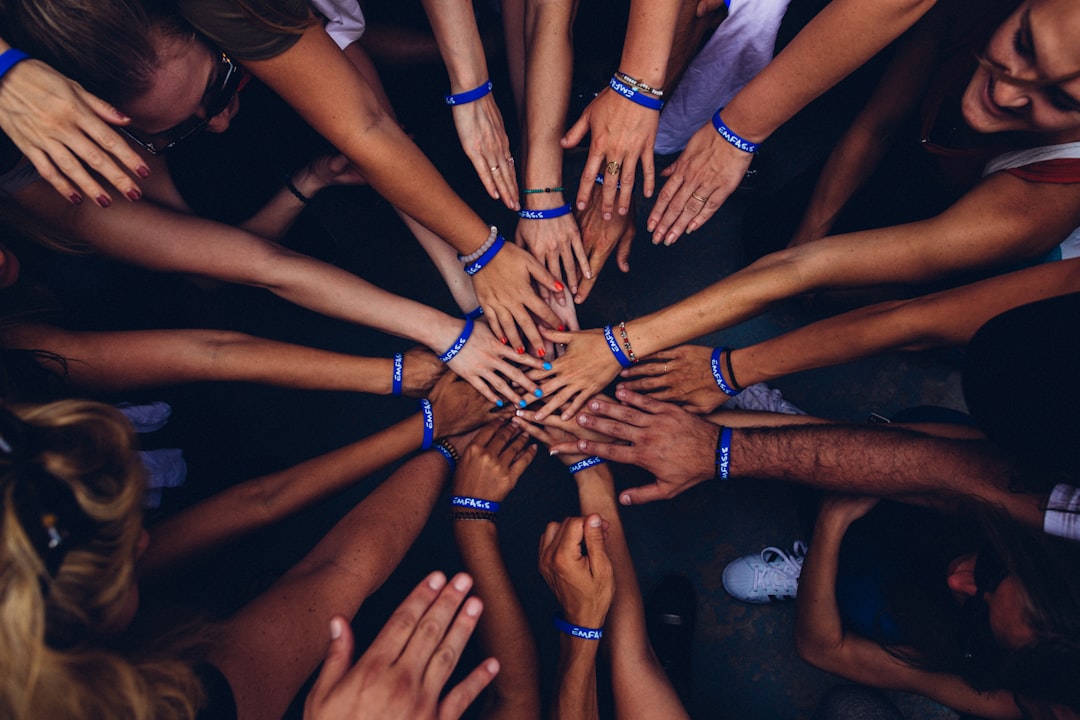What is it about?
Community pharmacists are sometimes hesitant to engage with patients with psychiatric conditions and have been known to provide less education to them. The ONE program (ONE stands for opioid and naloxone education) trained pharmacists to screen patients for opioid-related risks in the pharmacy and to provide education and other interventions when a patient was identified as at-risk. This screening and education program ended up equipping pharmacists to interact much more with patients who have a psychiatric condition , even though that wasn't the primary goal at the start of the program.
Featured Image

Photo by National Cancer Institute on Unsplash
Why is it important?
This is important because it is very common that psychiatric disorders and opioid-related risks overlap. Pharmacists can help to turn the tide of the opioid epidemic by identifying patients at risk and simultaneously, providing more education to those same patients who also have a psychiatric disorder.
Read the Original
This page is a summary of: Improving Community Pharmacist–Delivered Care for Patients With Psychiatric Disorders Filling an Opioid Prescription, Psychiatric Services, May 2022, American Psychiatric Association,
DOI: 10.1176/appi.ps.202100592.
You can read the full text:
Contributors
The following have contributed to this page










